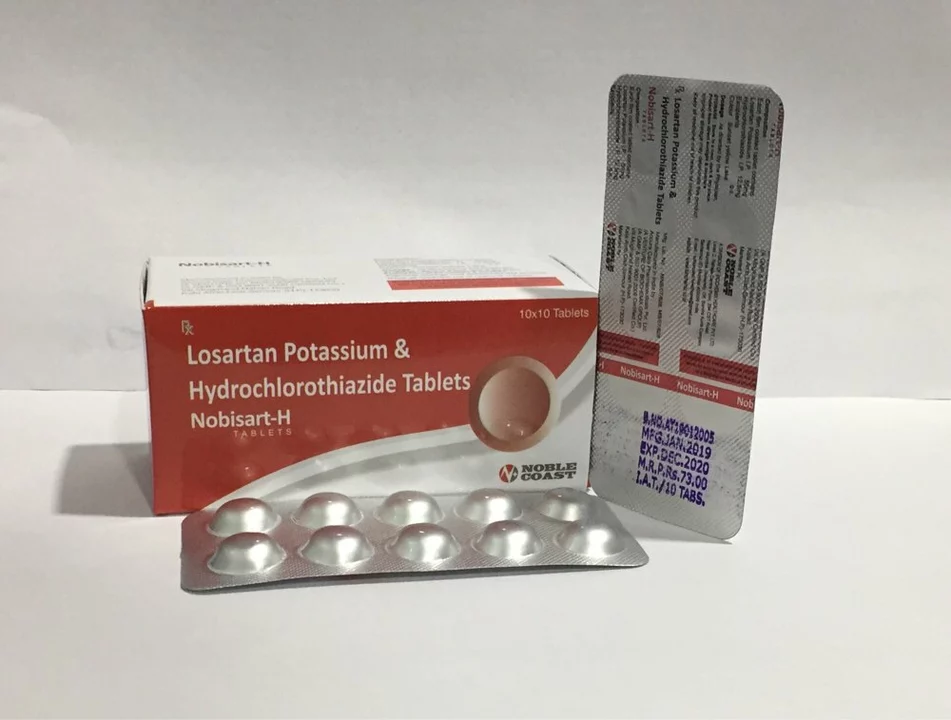save lives: Practical steps to protect yourself with medicines and quick action
One bad pharmacy order or a missed sign of serious bleeding can change everything. This tag collects clear, usable guides that help you buy meds safely, manage treatments, and spot emergencies fast. Below are the main, actionable things to do right now.
Quick safety checklist for medicines and online pharmacies
Verify a pharmacy before you order: check for a visible license number and a real street address, require a prescription, look for verified seals (NABP/LegitScript or your country's regulator), confirm there’s a pharmacist you can call, and always use HTTPS and a secure payment method. If prices seem unbelievably low or the site pressures you to buy without a script, walk away. For trusted reads, see posts like “How to Safely Verify Online Pharmacies” and “Where and How to Buy Bactroban Online Safely.”
Store and use meds safely: keep medicines in original containers, follow storage temps on the label, lock up opioids and strong drugs, check expiry dates, and maintain a current medication list (including supplements). Never split or change doses without asking your prescriber. When disposing, use official take-back programs—don’t flush meds or toss them in regular trash.
Practical tips for chronic conditions, exercise, and environment
If you have a bleeding disorder like hemophilia, choose low-impact workouts: swimming, cycling, walking, and controlled strength work are safer than contact sports. Warm up, wear protective gear, and coordinate activity around your factor treatment—your hemophilia team can give a schedule that lowers bleed risk. Read “Hemophilia and Exercise: Safe Ways to Stay Active and Strong” for specific ideas.
Cancer treatments and specialty drugs need extra care. For example, if you or a loved one is taking capecitabine, keep close contact with your oncology team about side effects and timing—drugs that cross the blood-brain barrier require careful monitoring. Articles like “Capecitabine and Brain Tumors” explain what to expect and what to report immediately.
Think about the environment, too. Veterinary drugs such as ivermectin can harm wildlife and water systems if disposed of improperly. Follow vet guidance for disposal and avoid spreading unused animal meds on land or into drains; see “The Environmental Impact of Ivermectin” for more.
Know when to act now: severe uncontrolled bleeding, trouble breathing, sudden chest pain, slurred speech, or sudden weakness are emergencies—call local emergency services and tell responders about recent meds or bleeding disorders. Carry a concise med list and emergency contacts in your phone and wallet. For non-emergencies but urgent worries (suspected bad pharmacy product, concerning side effects), contact your prescriber or pharmacist immediately.
Want more practical reads and step-by-step checklists? Browse the linked posts under this tag for specific how-tos—from verifying online pharmacies to safe exercise plans—and save this page as a quick reference when decisions matter most.

